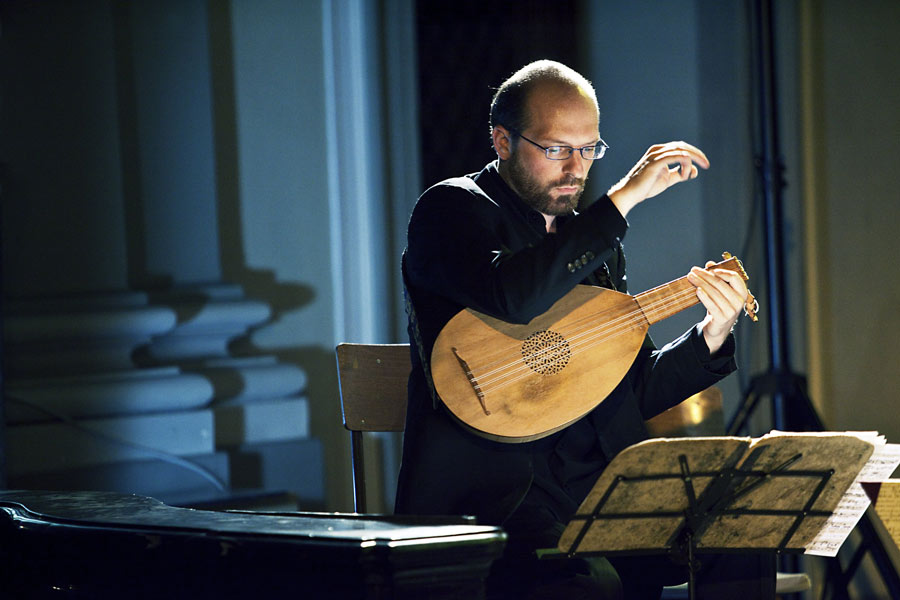Today, when attending a mass, one often happens (especially, but not only, during masses for the youth) to hear religious and sometimes even liturgical texts played to popular melodies by contemporary artists. Such a blend of the sacred and the profane is not an invention of our time – the concert of Antonio da Teramo’s music will prove that. This exquisite artist of late Trecento, who paved the way for early Renaissance composers such as Dufay, often used contrafactum in masses. In other words, he would employ laymen’s music in liturgical context. The most drastic example of such an experiment is Credo Deus Deorum. The God of Gods is probably neither a surprising, nor an unfitting element in the Credo. Yet Deus Deorum is actually Antonio’s secular song about hell, devils, alchemy, and the epithet “deus deorum” refers to... Pluto. Note that this extraordinary example of Creed was composed by the secretary of three successive popes in the Roman obedience in times of the Great Western Schism: Boniface IX, Innocent VII, and Gregory XII. Towards the end of his life, however, we see Antonio as a singer in an ensemble of the Pisan antipope John XXIII (who happened to be recognized by Poland as the legitimate head of the church, hence, perhaps, the appearance of music by Teramo in Polish sources).
Indeed, strange and mysterious was the fate of Antonio – and he seemed well aware of that. Mystery and Fate are the two themes constantly present in his works. With Lady Fortune he was repeatedly at loggerheads, but his complaints seem largely an element of artistic creation: upon leaving this world, he was the owner of properties in Teramo and Rome and his art was being presented as a model for subsequent generations of composers. On the other hand, he was gravely disabled with a total of only ten fingers in all limbs, hence the unflattering nickname “Zacara”. With certain off-handedness it can be translated as “Crumb”, but it actually means a lump of mud that a dog brings back from a walk and leaves on a new carpet: an item rather unattractive and undesirable. No wonder that Antonio hated that nickname and never used it. However, the secrets were entirely his responsibility. He relished riddles and wove them both in his texts and in music, which is characteristic of the famous ars subtilior style that Teramo was an outstanding representative. Interestingly, many biographical details of the artist were revealed once the riddles were solved.
The music of Antonio da Teramo is as rich and attractive as the life of the artist. It has nothing to do with the general notion of a certain darkness that characterized the Middle Ages: his art is full of colour, life and humour. And so are the concerts by ensemble fonte la musica conducted by Michele Pasotti. Technical precision and careful source studies form the basis for highly inventive performances in which poetry, music and gesture come together as a fascinating whole.

